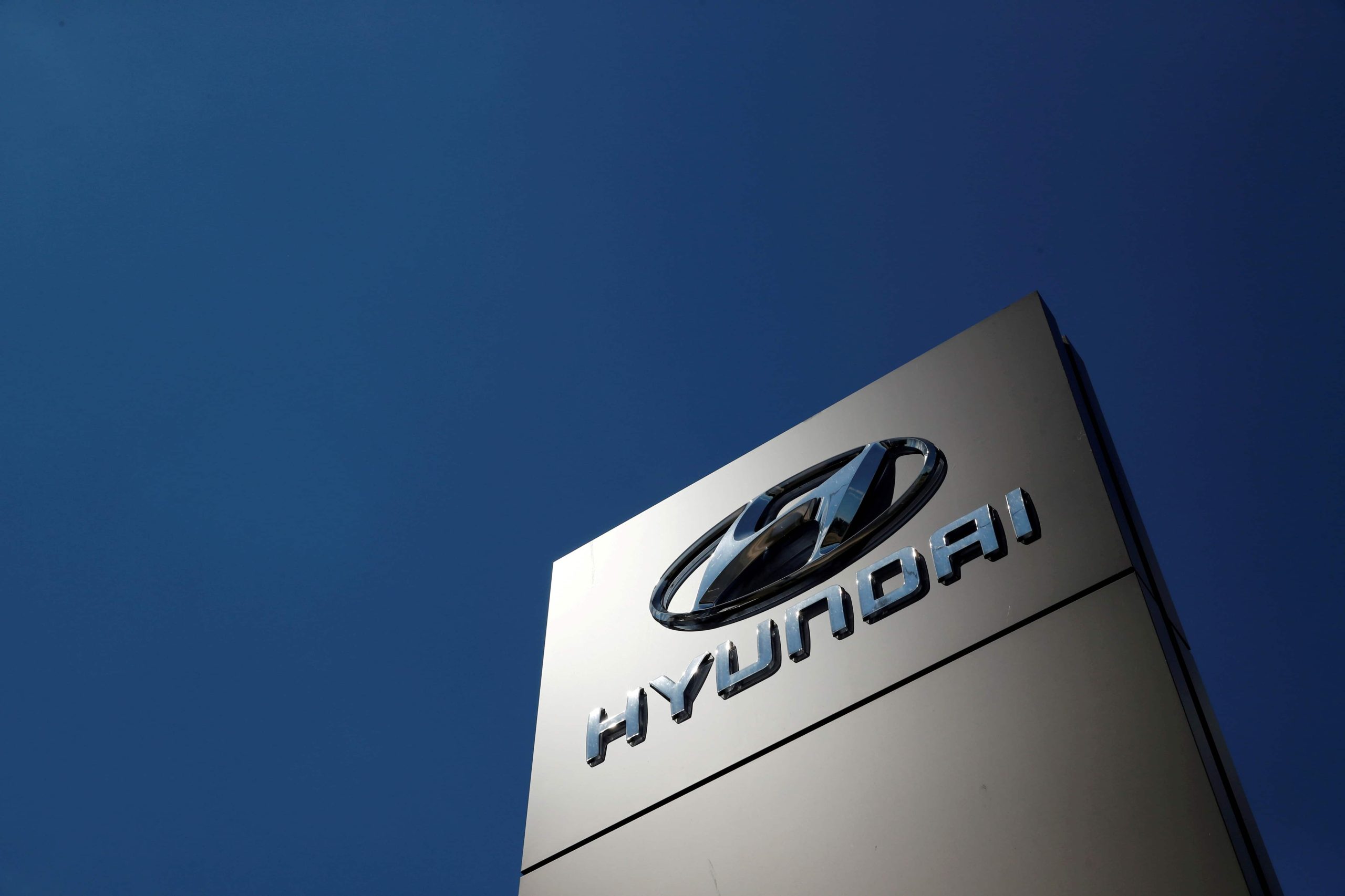US Department of Labor Files Complaint Against Hyundai and Suppliers for Child Labor
On Thursday, the US Department of Labor filed a complaint against South Korean manufacturer Hyundai Motor Co., an auto parts company, and a labor recruiter for illegally using child labor at an Alabama site.
Details of the Complaint
The United States Department of Labor filed a complaint against South Korean automaker Hyundai Motor Co., an auto parts company, and a labour recruiter for the illegal use of child labour at an Alabama facility. The complaint, filed in U.S. District Court in Montgomery, Alabama, also seeks an order forcing the firms to return any profits generated using child labour.
Specific Allegations
- In 2022, Reuters reported that a Hyundai subsidiary and other parts suppliers in the Southern state employed youngsters as young as 12.
- The three defendants named in the current Labor Department petition for hiring a 13-year-old child are Hyundai Motor Manufacturing Alabama LLC, SMART Alabama LLC, an auto parts company, and Best Practice Service LLC, a recruiting firm.
- The Department’s Wage and Hour Division discovered that the kid had worked up to 60 hours per week on a SMART assembly line, where he operated equipment that shaped sheet metal into automobile parts.
Implications and Response
According to the complaint filed with the Labour Department, SMART informed the employment firm that “two additional employees were not welcome back at the facility due to their appearance and other physical characteristics, which suggested they were also underage.” Solicitor of Labour Seema Nanda stated, “Companies cannot avoid liability by blaming suppliers or staffing companies for child labour violations when they are also employers.”
Concerns and Ethical Duties
The case highlights continued worries about child labour practices in big firms’ supply networks, particularly in locations with considerable industrial activity. Hyundai Motor Co. and the connected defendants have yet to release a statement regarding the complaint. The case emphasises the need for strict adherence to labour rules, as well as global firms’ ethical duties to maintain safe and lawful working conditions throughout their supply chains.
















































